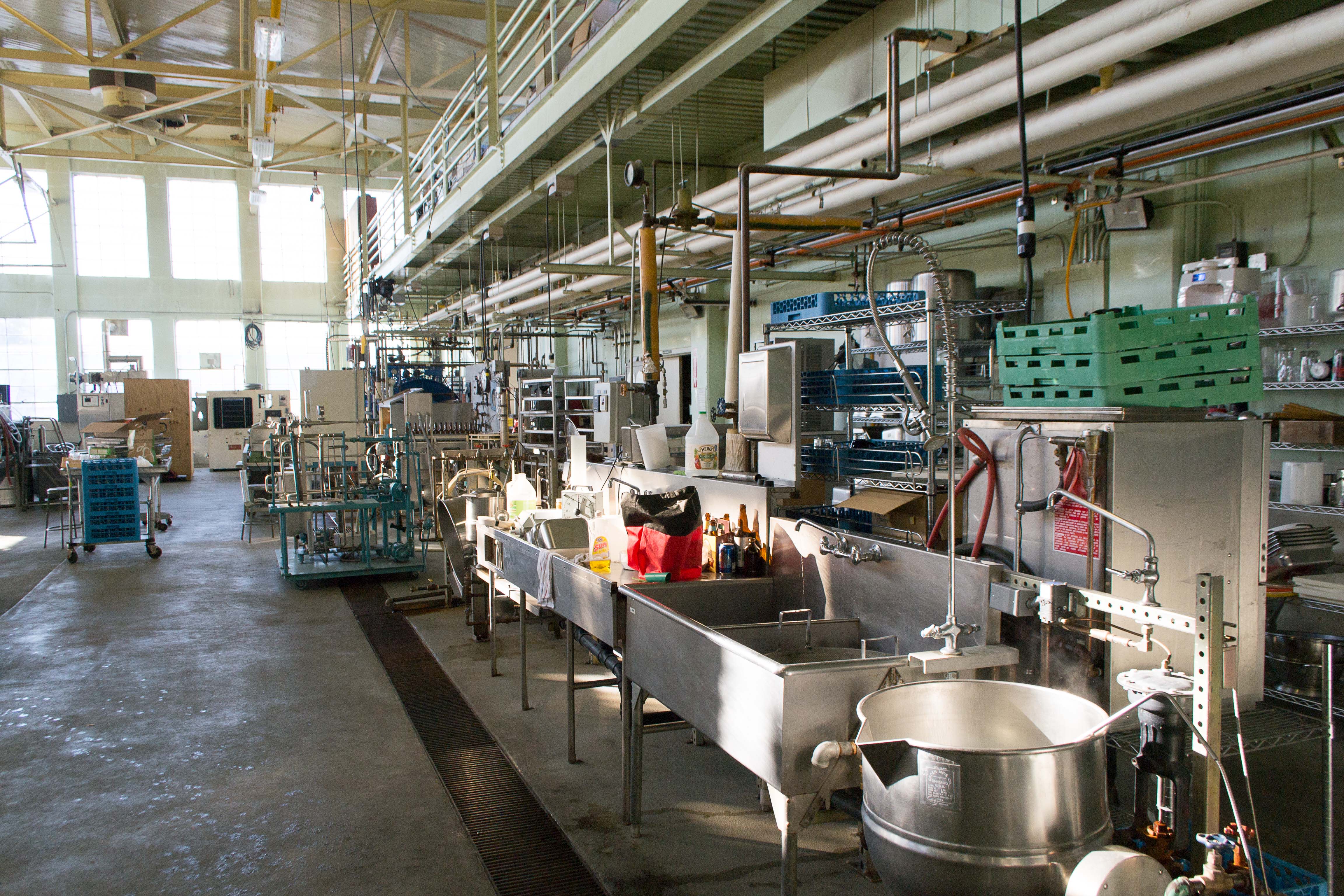
Photo from academic.microsoft.com
Fruits and vegetables can be transmission vehicles of human opportunistic and obligate pathogenic bacteria, persisting in inner tissues for shorter or longer periods or colonizing the plants as facultative endophytes.… Click to show full abstract
Fruits and vegetables can be transmission vehicles of human opportunistic and obligate pathogenic bacteria, persisting in inner tissues for shorter or longer periods or colonizing the plants as facultative endophytes. In this study we investigated the ability of commensal E. coli and pathogenic L. monocytogenes strains to internalize sweet pepper seedlings via seed bacterization, as germinating seeds and roots are important infiltration sites for entry of enteric bacteria. By combining cultivation dependent and independent (PCR and FISH-CLSM) techniques we could not detect stably or transiently colonized inoculated bacteria in 6–7 weeks old pepper seedlings, suggesting that there is low risk associated with internalized enteric or human pathogenic bacteria via germinating seeds in sweet pepper.
Journal Title: Acta Alimentaria
Year Published: 2017
Link to full text (if available)
Share on Social Media: Sign Up to like & get
recommendations!